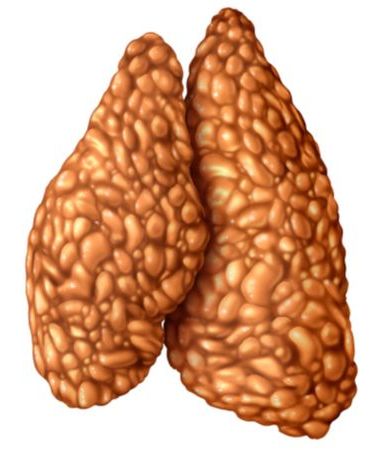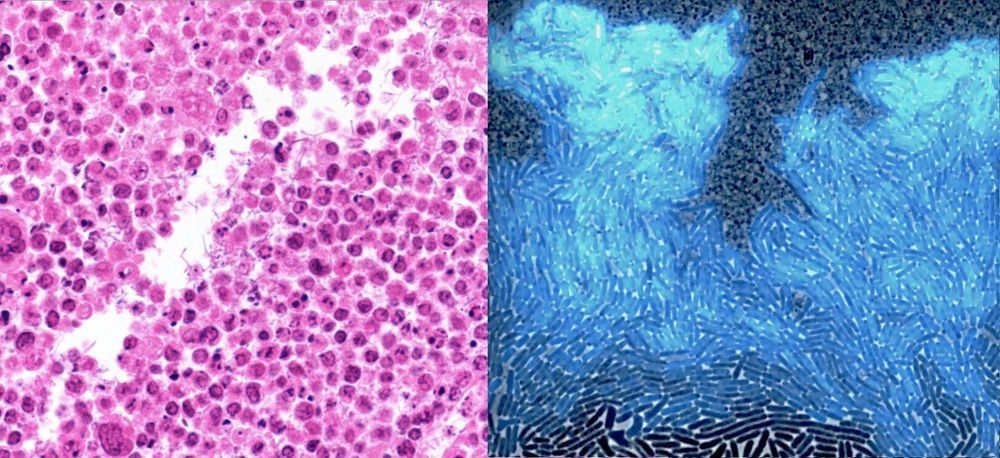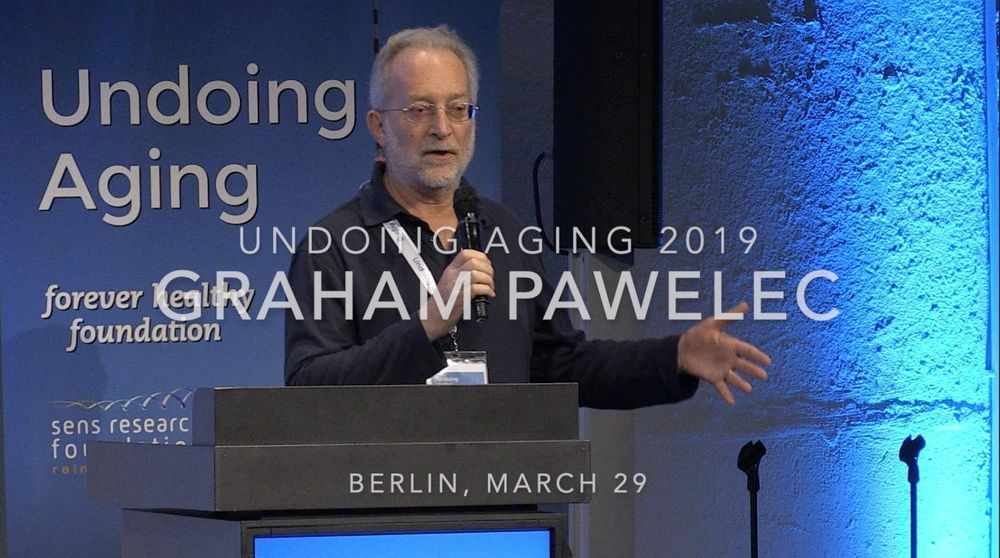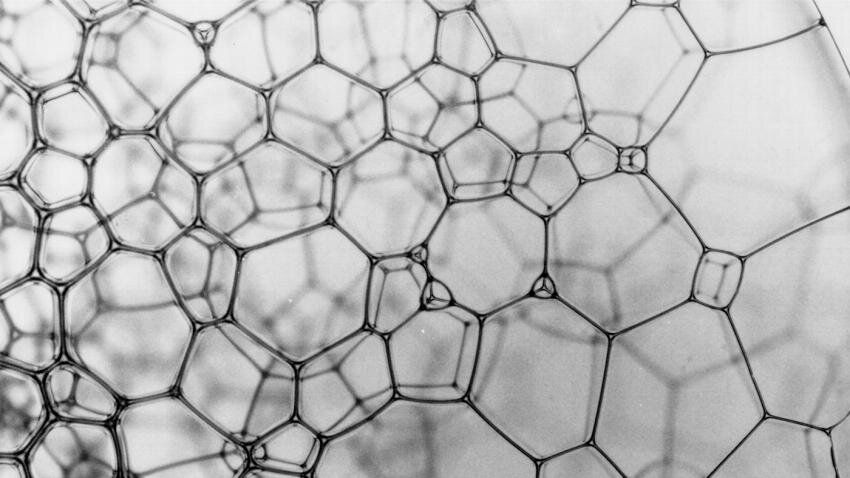Jul 3, 2019
A Step Closer to Regenerating the Aging Thymus
Posted by Steve Hill in categories: biotech/medical, life extension
Researchers from the Monash Biomedicine Discovery Institute have made progress in the quest to rejuvenate the aging immune system by identifying the factors responsible for the age-related decline of the thymus.
The thymus shrinks as we age
The thymus is one of the most important organs in the body, and it is where thymocytes produced in the bone marrow travel to become new T cells before being trained in the lymph nodes to become the defenders of the adaptive immune system. However, as we get older, the thymus increasingly turns to fat and starts to shrink, causing its ability to produce new T cells to fall dramatically. This process is known as thymic involution and actually begins shortly after puberty, so this is one aspect of aging that begins fairly early in life, although it is many decades later before its decline causes serious health issues.


















